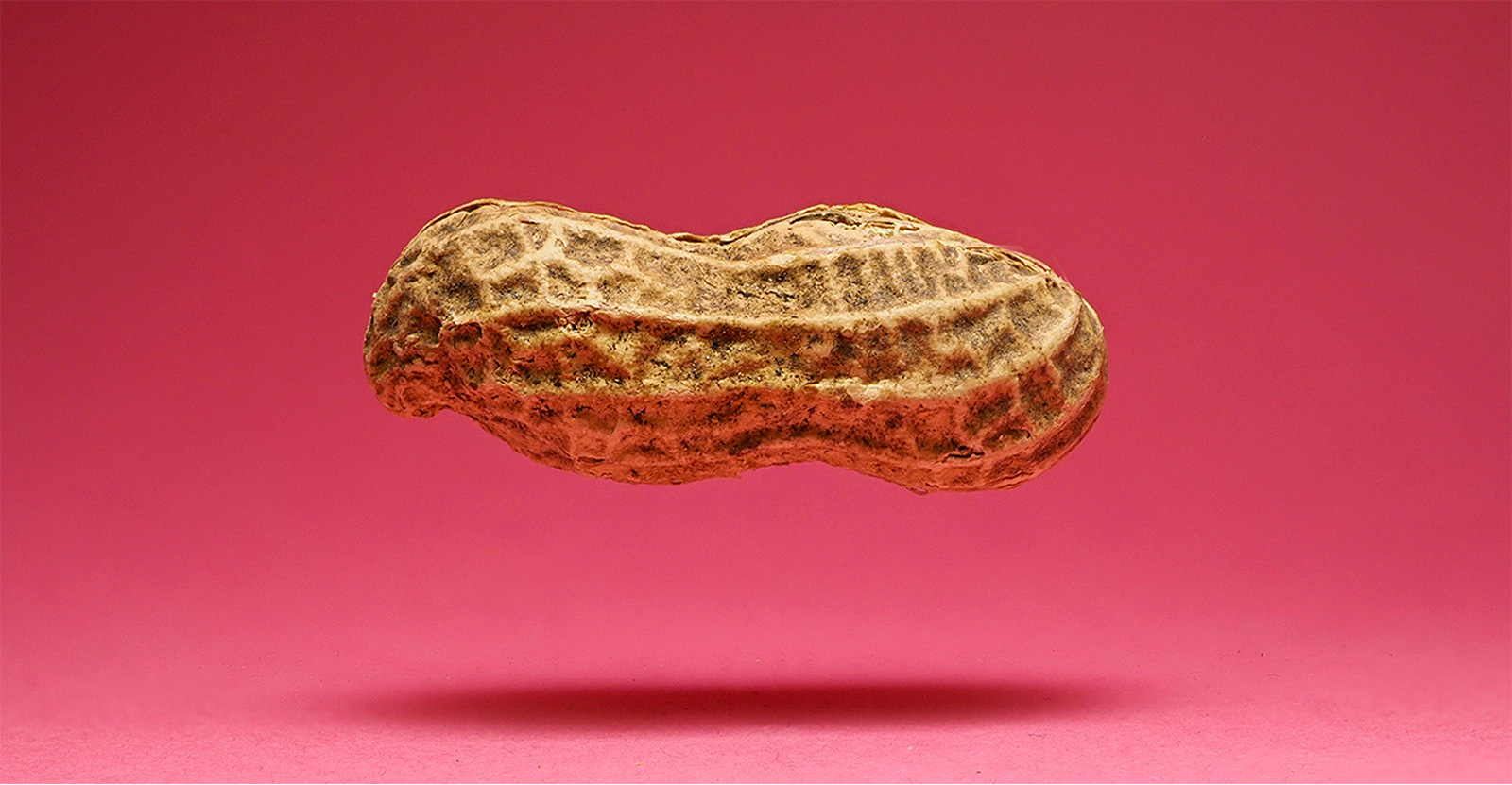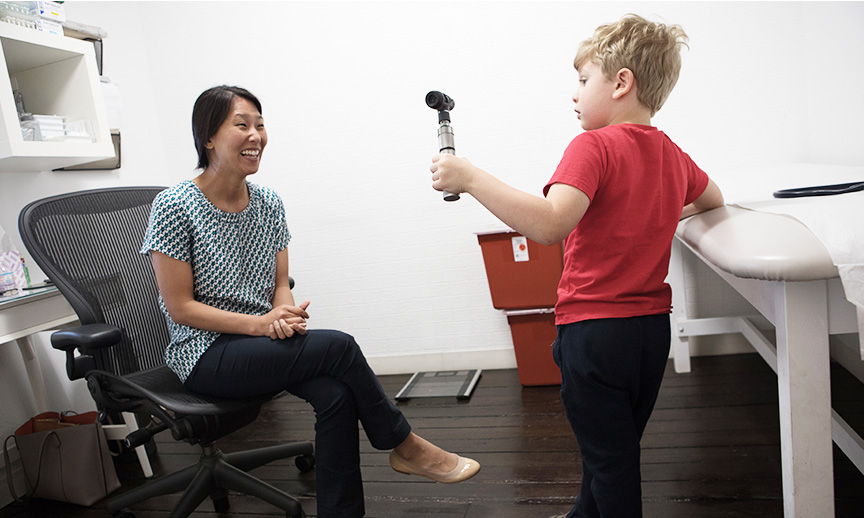
Is there a peanut allergy cure?
If your child has recently been diagnosed with a peanut allergy – or if you’re worried they might develop one – it’s totally common to feel nervous, scared, and anxious, and to wonder, “When will they find a peanut allergy cure?! How will I ever have a normal life?”
The good news is, according to Dr. Tricia Lee, our pediatric allergist in NYC, you can totally have a very normal and full life, including going to school, birthday parties, playdates, extracurricular activities, flying internationally, and more. While there currently isn’t a direct peanut allergy cure, peanut allergies are very manageable. And guess what? There might very well be a cure on the way.

The current and future approach to the peanut allergy cure.
Before we talk about the management of peanut allergies, let’s first define what they are. When I say “food allergy,” I am referring to immediate life threatening reactions which are mediated by IgE, Immunoglobulin E (an allergen-specific anitbody).
Our skin and blood tests are best at predicting these type of IgE mediated, life-threatening reactions, which are typically consistent. Meaning, every ingestion will cause some specific symptoms such as hives, swelling, problems breathing, vomiting, or diarrhea. Those reactions will happen immediately, typically within 30 minutes from ingestion, and starting with the first few introductions.
The current standard of care when peanut allergies are diagnosed is to avoid peanuts and be prepared to treat accidental ingestions or reactions with antihistamines like benadryl or zyrtec and severe reactions with epinephrine.
As for the future of a peanut allergy cure? The most current research is looking at treatments for peanut allergies such as a peanut patch or pill which contains peanut protein. The idea is to expose a small amount of peanut protein to the allergic patient in hopes that it will help protect the patient from cross contact reactions or even cure the allergy. It’s looking like there will be FDA approved products to treat peanut allergies in 2020.
Common quick questions about peanut allergies: answered!
Can you outgrow a peanut allergy?
In some cases, you can! About 20% of infants will outgrow their peanut allergy by adulthood.
How strictly should I avoid peanuts if my child has been diagnosed with a peanut allergy?
While we’re mostly concerned with completely avoiding ingestion of peanuts, the concept of cross contact can be a concern if you are in high risk situations such as ice cream parlors, bakeries, potluck dinners, homemade treats, and ethnic restaurants, all of which are highly likely to have peanuts in the facility and in certain foods.
Is there a test to determine the severity of the peanut allergy?
No, there’s not. As of now, we have skin and blood tests which helps predict, statistically speaking, the likelihood of being allergic. The gold standard for determining if a patient is allergic is a food challenge, a.k.a. ingesting the food.
Should I carry an epinephrine device (such as Epipen, AuviQ, Adrenaclick, etc) at all times?
I believe all patients who have an IgE mediated peanut allergy should carry epinephrine since the risk of having a severe reaction like anaphylaxis is possible and unpredictable. Epinephrine comes with minimal risk and is a life-saving medication. One of the biggest factors to determine poor outcomes from a food reaction is if and when epinephrine is used, with the sooner being better.
Will all peanut allergy reactions be severe and life-threatening?
The risk of having a severe reaction is always there, though a peanut allergic patient may never have a severe reaction. The type of reaction that will occur is unpredictable. Some factors to contribute to having a more severe reaction are amount of allergen ingested, illness, activity, NSAIDS (like ibuprofen), and alcohol, all of which play into lowering the threshold to have a more severe reaction.
If you have any concerns about food allergies in yourself or your children, Dr. Lee and our staff here at Hudson Allergy are here for you! Make an appointment at one of our 3 NYC locations today and get treated by the best pediatric allergist in NYC!

